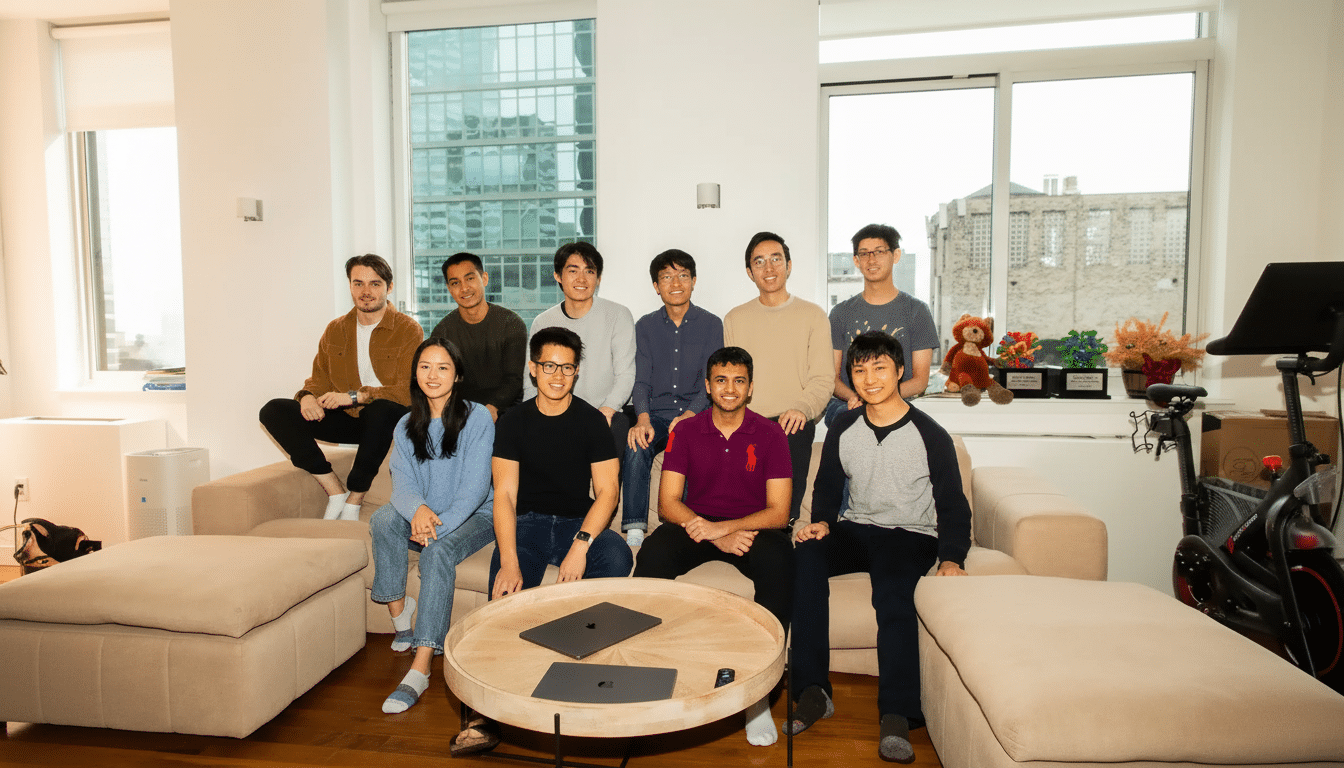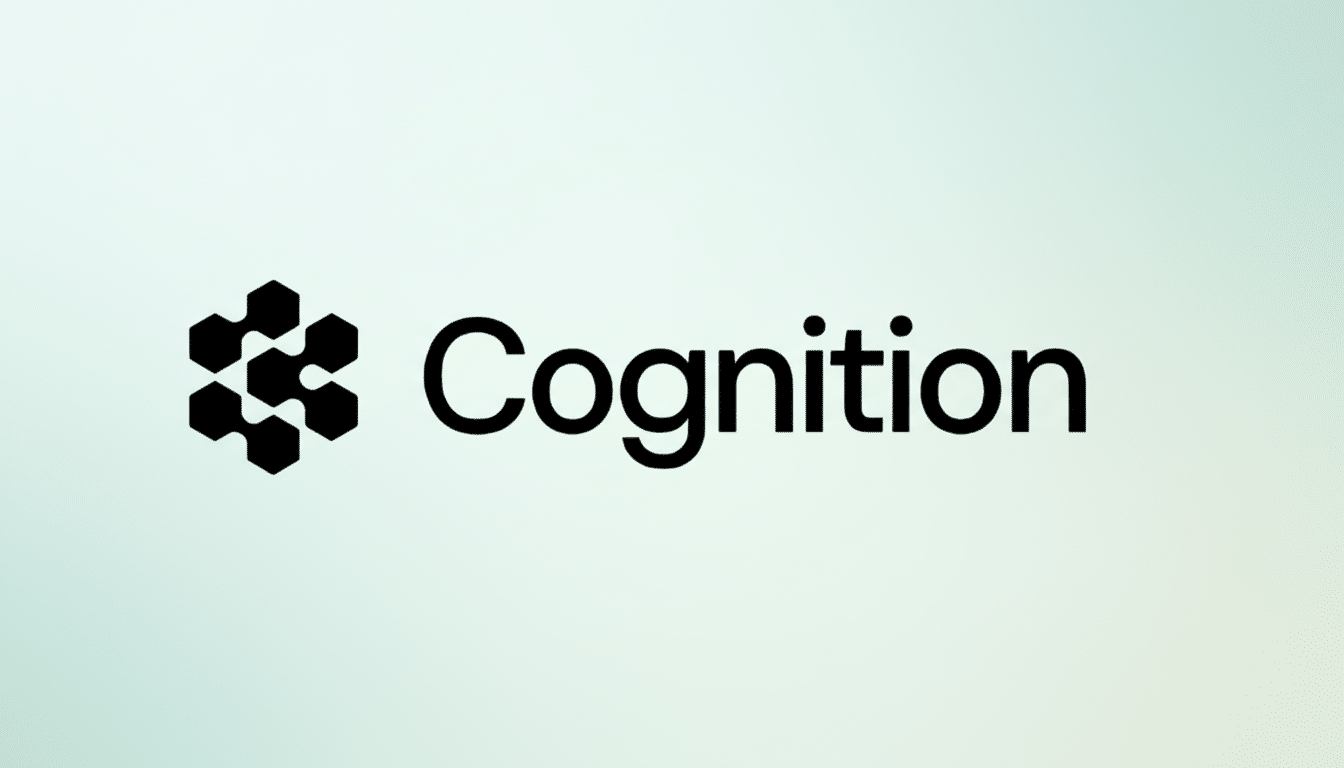Cognition AI, the startup behind the AI programming agent Devin, won $400 million in new funding at a $10.2 billion valuation, a steep step-up that shows investors’ belief in agentic software even amid a choppy late-stage deal market.
The round was led by Founders Fund, with participation from Lux Capital, 8VC, Elad Gil, Definition Capital and Swish Ventures. Cognition’s annual recurring revenue reached about $73 million by June, more than double the amount roughly one year prior, according to Bloomberg, with net burn for the company kept to below $20 million since inception.

A $10.2B mark in an anxious market
The boost in valuation from roughly $4 billion earlier this year to $10.2 billion moves Cognition into the ranks of the most richly valued private AI application companies. On a multiple of simple math, the new mark terms a ARR multiple of around 140x, and more than that if you line it up alongside the public SaaS companies its investor proxy tracks via the Bessemer Cloud Index, a signal that investors are underwriting hypergrowth and market leadership over current cash generation.
Blistering revenue momentum and capital efficiency help explain the premium. Cognition’s revenue growth occurred against the backdrop of sub-$20 million in total burn over two years, a profile that is notable as mega-rounds become more scarce, according to venture data firms that track late-stage activity Bloomberg spoke with.
Devin’s enterprise ramp
Devin isn’t presented not-so-much as an auto-complete but it is designed and described as an agent that is an autonomous meaning that it will hit all the other marks. It’s not just a tool that’s going to guess the answer for you but one that will queue and plan work, spin up an environment and write and run code, test a change set of the change and iterate changing everything.
That pitch hits at a clear enterprise pain point: the backlog of maintenance, migration and integration work that absorbs engineering cycles.
Rapid ARR expansion: Paid pilots appear to be converting into broader rollouts, at least among some of the early adopter cohorts. The harder test is operational confidence: companies will need guardrails for code provenance, reproducibility and vulnerability management. Organizations like OWASP have now called out LLM-specific vulnerabilities—such as prompt injection and dependency confusion—so auditing logs and artifact signing are table stakes for agentic coding systems.
The differentiation of Cognition will probably be based on measurable results: time-to-merge, escaped-defect rates and total cost per task, as compared to competitive decisions like GitHub Copilot-based workflows, Code Llama–driven assistants or bespoke OpenAI pipelines. Buyers are graduating from demos to dashboards showing unit economics at scale.

Acquisitions and the talent race
Hoping to bolster its expertise, Cognition purchased AI coding startup Windsurf soon after Google poached several leaders from the latter company. The sequence demonstrates (without getting any of the big bear hugs we like to see in the sappy reactions to us being meannnnnies), how tight the agentic-talent market can become: deep, patented applied research and productization chops often reside in small teams, and acquirers are really purchasing both IP and a joint mental model about how autonomous systems should reason, verify and recover from errors.
Look for additional tuck-ins around evaluation tooling, long-horizon planning and code verification. For a fast-scaling player such as Cognition, taking control of the full stack — from data pipelines and sandboxes to workflow orchestration — can cut latency, improve reliability, and protect margins.
Workload policies under scrutiny
The internal culture of the company is under scrutiny. Layoffs of some 30 workers and buyout offers for others followed, according to the news report, as well as expectations of 80-hour six-day workweeks. It’s not unusual for intensity to be high at frontier AI startups, but sustained schedules at this level can be retention and quality concerns—nevermind for safety-critical code generation.
Investors frequently use organizational health as a proxy for prior product reliability. For any agent that has to manage both test coverage and compliance boundaries and security fixes, error budgets and developer wellness are operational, not cultural, variables.
What the raise means for AI
This funding provides Cognition the runway to scale computational power, harden evals, and grow enterprise go-to-market while integrating domain-specific teams.
It also sends a wider signal: Even as many late-stage rounds compress, investors are supporting agentic systems that transform LLM prowess into quantifiable productivity in high-value workflows.
The road ahead will be measured on three axes: Consistently high quality revenue beyond design partners, tight controls that satisfy security and compliance teams, and a strong, data-based case vs. incumbent developer tools.
If Cognition can sustain its growth while demonstrating reliable economics and governance, the rich multiple could appear less like exuberance and more like an early read on a new software category.

